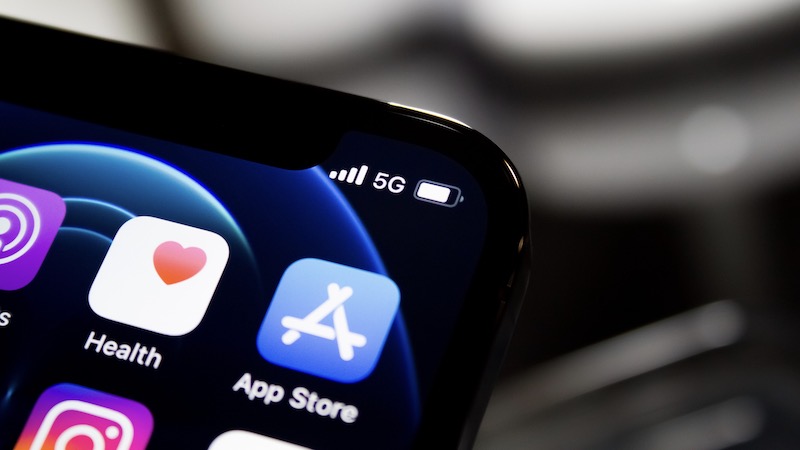The pressure on the big tech companies is increasing from all sides – whether from competition regulators or data protectionists. Now Apple has given in on tracking in its own apps, among other things. App developers also have reason to rejoice.
Just a few weeks ago, the U.S. antitrust authorities filed another monopoly suit against Facebook. The goal: to break up the group with its subsidiaries WhatsApp and Instagram.
And the air is also getting thinner for Apple. Most recently, the company caused a stir with its new settings for advertising tracking. Now, however, the iPhone manufacturer has apparently relented.
The about-face in Apple tracking
With the introduction of iOS 14, Apple introduced a special innovation on its devices. When upgrading to the new operating system, tracking and the transmission of personal user data were severely restricted.
Since then, third-party apps have had to ask their users whether they allow or reject app tracking. The goal is to offer users more data protection.
However, Apple’s change left a bad taste in the mouth for many app providers. While external apps had to ask for the user’s consent, Apple did not adopt the setting for its own apps.
From iOS 15: Apple asks for tracking permission in its own apps
However, this could now change with the introduction of iOS 15, as 9to5mac reports.
In the beta version of the new operating system, a pop-up now appears when opening the App Store, asking whether users want to allow tracking for personalized advertising in Apple’s apps or not.
Previously, the consent was preset, and Apple did not explicitly ask for it.
Apple tracking violates the GDPR
But it’s not just third-party app developers who have cited complaints against Apple’s tracking settings.
At launch in France, startup association France Digital filed a complaint with the data protection authority Commission Nationale de l’Informatique et des Libertés.
The startup association saw the settings as a violation of the European General Data Protection Regulation (GDPR). The reasoning: Apple collects data about its users without first asking for their consent. The pressure in the matter of the GDPR has now become too great for the iPhone company.
Apple adjusts revenue sharing in the App Store
Apple is also currently moving along unusual paths of rapprochement when it comes to the App Store. The company has reached an agreement with the Japanese competition authority Japan Fair Trade Commission (JFTC). The main point of contention was the financial conditions in the App Store.
In order to settle the JFTC’s investigation, Apple had to make financial concessions to media apps such as Netflix, Amazon and Spotify as well as e-book providers.
They can now create links in their apps so that users can create paid accounts. The new thing is that subscriptions concluded in this way are then excluded from Apple’s revenue share.
The innovations are to come into force worldwide in 2022. Games apps, however, are excluded from the agreement. The dispute with developer Epic could therefore drag on.










